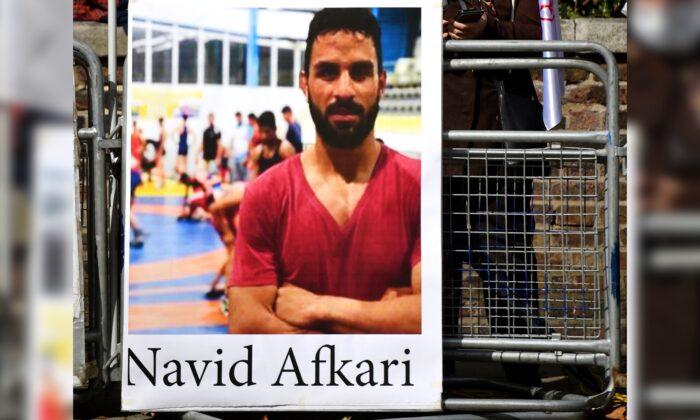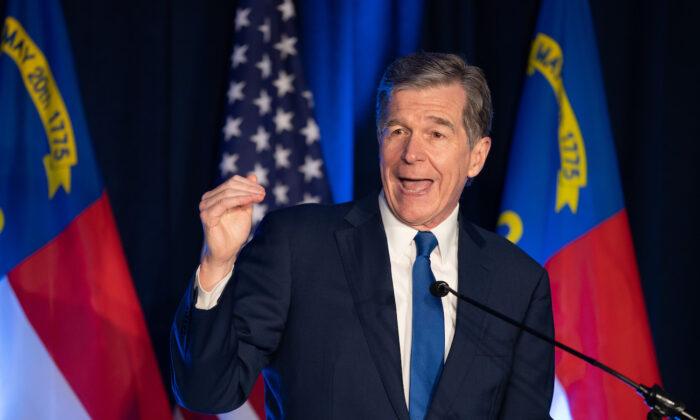On Sept. 12, Iran executed Afkari, who was convicted of murder, despite an international outcry to stop the execution and following a plea from President Donald Trump.
His case had drawn attention after a social media campaign portrayed him and his brothers, who remain in prison, as victims who were targeted because they participated in protests against Iran’s Shiite theocracy in 2018.
Authorities accused the 27-year-old of fatally stabbing a water supply company employee in the southern city of Shiraz amid the unrest.
Prior to his execution, which was done in secret, Afkari reported being tortured by Iranian officials at Adelabad Prison. His confession, which he later stated was provided under duress, was aired on Iran’s state television.
Secretary of State Mike Pompeo on Thursday sanctioned several Iranian officials and entities for gross violations of human rights, including two judges with Branch 1 of the Revolutionary Court of Shiraz as well as three prisons where he said human rights abuses were rampant.
The violations include prior incidence of torture or cruel, inhuman, or degrading treatment or punishment, arbitrary detentions, and denials of the right to liberty of those seeking only to practice their faith, peacefully assemble, or to express themselves.
Pompeo said one of the judges sanctioned, Judge Seyyed Mahmoud Sadati of Branch 1 of the Shiraz Revolutionary Court, presided over a recent trial that led to the sentencing of Afkari.
The sanctions include asset freezes and ban Americans from doing business with the targets.
“His killing was an unconscionable act. The United States calls upon all nations to promote accountability for this regime by imposing sanctions like the ones announced today. Navid had previously competed in Iran’s National Wrestling Championship and he had so much more to accomplish in life. Too often, the Iranian regime targets, arrests, and kills the brightest and most promising Iranians, thereby depriving Iran of its greatest asset—the skill and talent of its own people. Navid’s death must not be in vain: peace-loving nations should condemn his execution and Iran’s egregious human rights violations, and reaffirm respect for the freedom, dignity, and equality of every person.”
This is not the first time that Washington has blacklisted judicial officials. The Trump administration designated in December two Iranian judges who it accused of punishing “Iranian citizens and dual-nationals for exercising their freedoms of expression or assembly.”






Friends Read Free